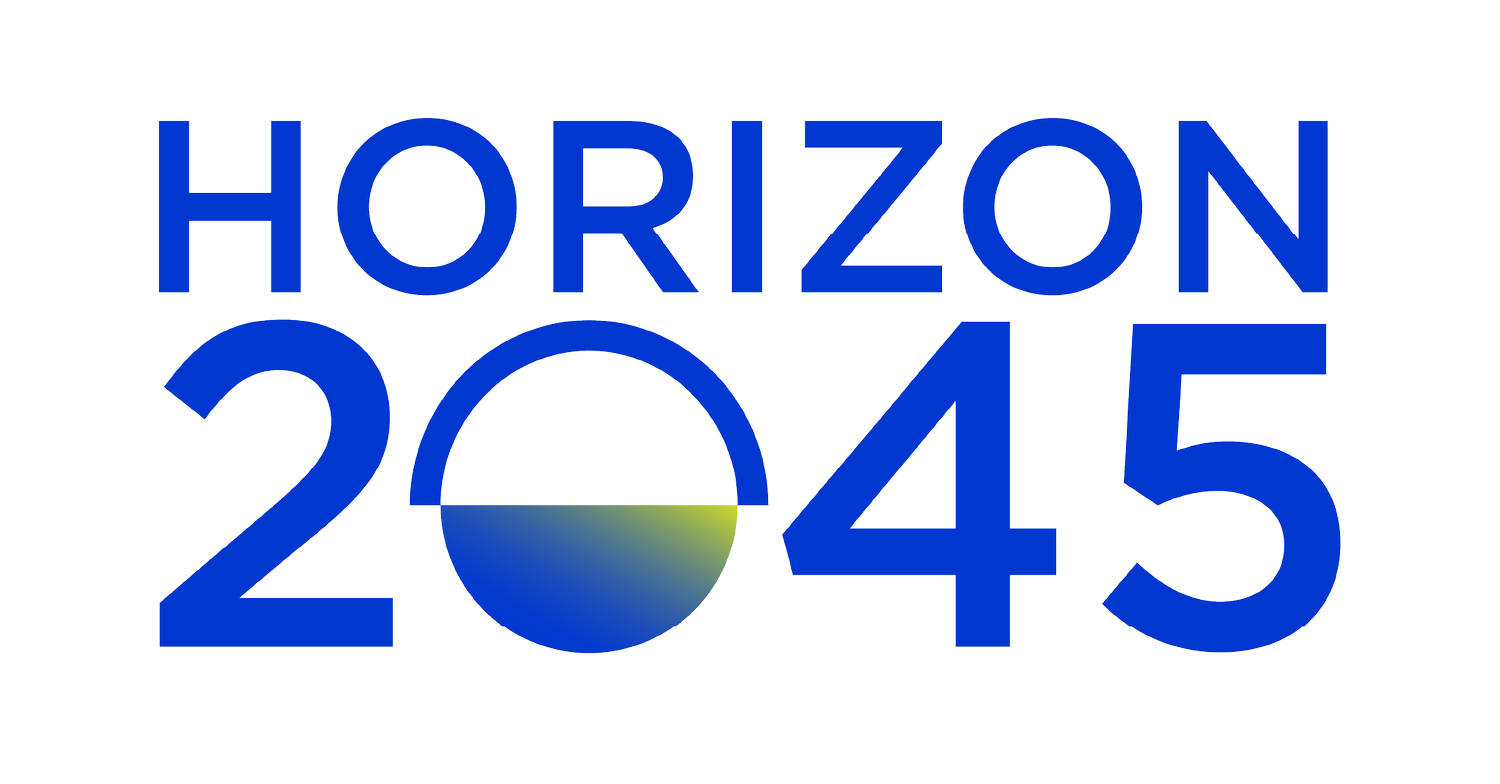Reimagining security for a more humane and resilient future
Women’s leadership that prioritizes collective intelligence and holistic definitions of security
Innovations in governance and international law recognizing the interdependence of living systems and the rights of future generations
Adaptive philanthropy willing to rethink its very purpose and operate beyond conventional boundaries
BY THE NUMBERS
50+
High-profile international women leaders actively engaged in redefining global security for the long-term future
250+
Organizations engaged across nuclear, climate, democracy, health, and philanthropy sectors
250+
Applicants for 20 spots in the first two cohorts of the Nuclear Futures Fellowship, in which emerging leaders are trained to anticipate nuclear risk reduction and disarmament strategies in a dramatically changing landscape
$37B
Combined assets (USD) of funders participating in our pilot program with Global Philanthropy Forum
9.5/10
Likelihood that 2025 Nuclear Futures Fellows would recommend the fellowship to their colleagues
70+
Legal experts involved in strategies to safeguard human and planetary security via international courts and tribunals
2,200+
Readers and followers across global network








